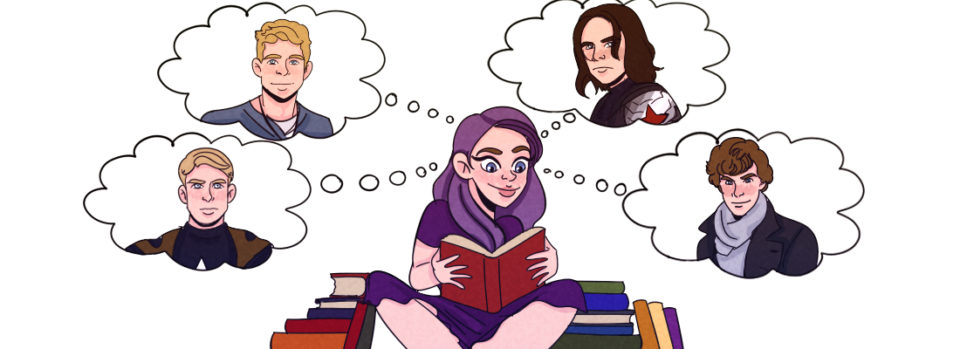
Within my process of learning to write, I can attribute a great deal of my education to becoming a critical reader. Up until I began writing, I had been a voracious reader for many years, reading anything I could get my hands on. I finished nearly every book I picked up and very rarely did I not like a book. However, after writing my first story I realized there was an actual craft; a set of skills necessary to write the rightway just as there is a craft to architecture or painting. I already read books on parenting, marriage, cooking, and personal finance; certainly there were books out there that taught someone how to write. In fact there were, but beyond non-fiction books on novel writing there was also the realization that every novel I picked up was an instruction manual in disguise. I quickly found that by studying the way an author told their story I could learn a thing or two about the craft and get my reading fix in the process. So, instead of just reading for entertainment or edification I started reading to learn the craft of writing, the structure of fiction, and how to best develop characters people would want to read about for three hundred pages. I would finish reading a book and ask myself what I liked, what I didn’t like, what I would have changed. Did I like the ending? Did I relate to the characters? Were there any parts of the story that could have been stronger, were some things overstated? It was rather fascinating to dissect plots and characters, holding each piece up to the light as I studied it from a new perspective. I then tried to bend and mold the elements I learned into my own stories.
But, something happened through these exercises; something I hadn’t expected. Once I was critically evaluating the elements of a book it became harder and harder to get lost within the pages. Whereas I used to finish 98% of every book I picked up, I soon found my percentage dropping farther and farther as I found more and more storylines that, for one reason or another, I just didn’t like. These days, I probably only finish 1/3 of the books I pick up. The downside of the development of this critical reader who is consistently reading over my shoulder, is that it’s not always easy to find a good book. When I’m reading it’s hard to turn off my “internal editor” and let the story sweep me away.
The upside is that when I like a book, I really, really like it. Another benefit is that reading is very much an educational experience for me. Not only am I learning about whatever time period, culture, or person the story features, I’m also learning about the book’s structure, character development, plot, and basic usage of words, dialogue, and description. Since I only get captured by great books, I figure I’m getting the best education I possibly can. It’s not uncommon for me to be reading and stop in order to scramble for my notebook where I write down a certain word I liked, or a sentence structure that had great texture, or I jot down a character idea that was triggered by the story. Then I run back to the book and get lost once again. In this sense I’ve learned to write from some of the great writers of my time—Sue Graphton, John Grisham, Mary Higgins Clark, Susan Elizabeth Phillips, John Shors as was as some of the classic writers such as Mary Stewart, Agatha Christie, and Edgar Allan Poe. What better teachers could a writer want? And they’re all available for nothing more than a library card.
There are days when I pine for the reader I once was, the reader who was happy with anything over 200 pages, and yet in the long run the sacrifice of that part of who I was, has made room for another part of me that even a year before I wrote my first novel I didn’t know existed. It’s an amazing journey, these lives we live, and a fascinating vista when we stand on the verge of who we are and look back at where we’ve been and all the people who helped us get here. Once we can look over what we’ve done, we can then turn and face the horizons of where we are going. It’s my core belief that regardless of who we are and where we want to end up one day, good books will lay that groundwork one way or another. I know it’s been true for me.

